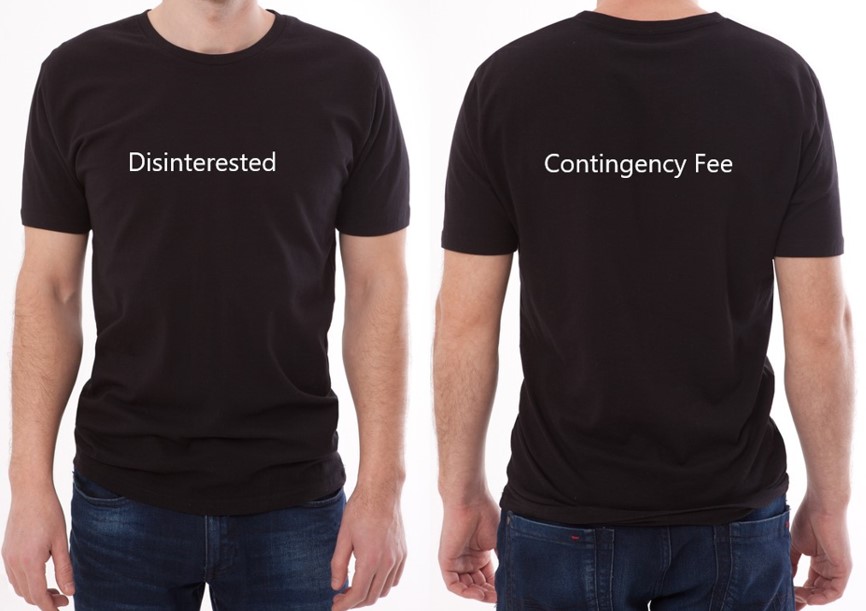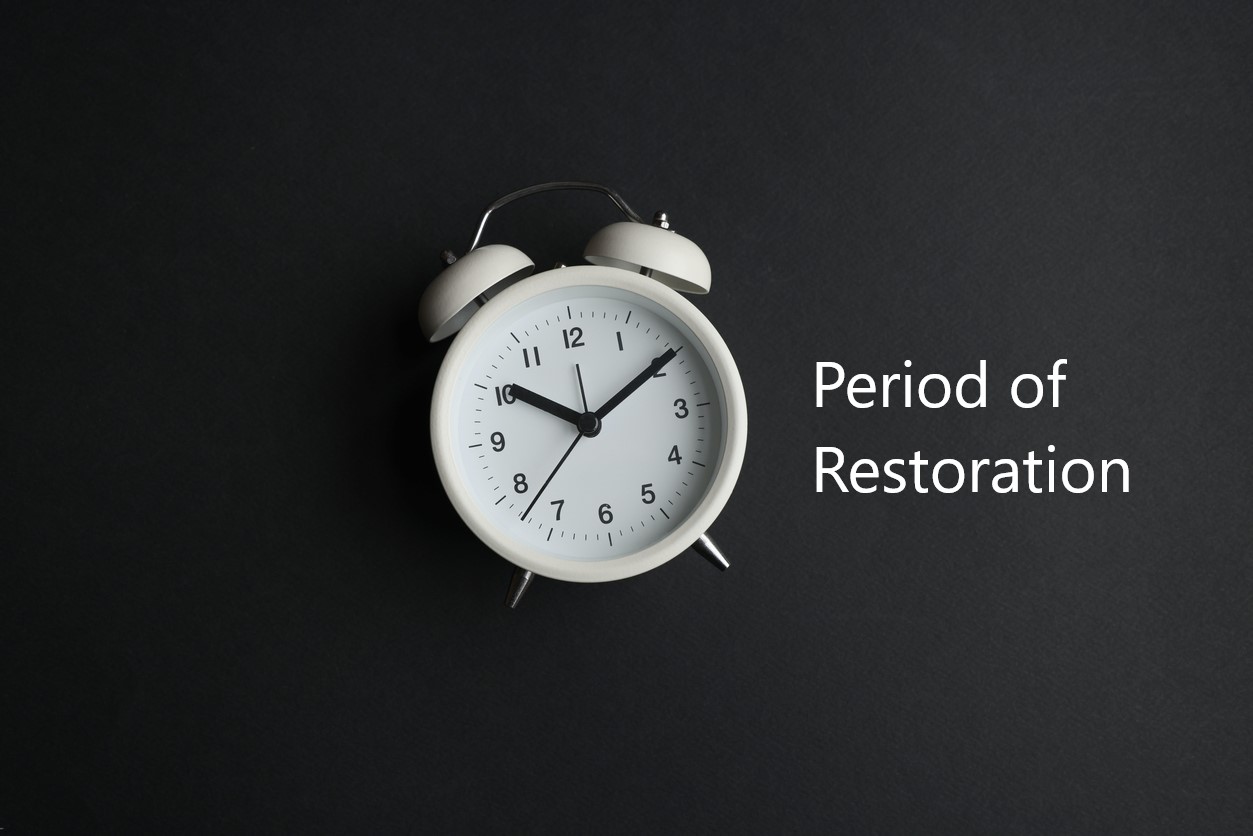Under some policies, appraisal is a post-loss condition. I have written about appraisal in prior posts. This post addresses the issue of whether appraisal moots a Civil Remedy Notice (“CRN”) or tolls the CRN’s sixty day cure period, allowing an insurer to circumvent bad faith litigation in most instances.
Bad faith litigation is extra-contractual in nature and concerns an insurer’s lack of good faith in claim handling. Consequential damages sustained by a policyholder as a result of an insurer’s claim handling are often the primary focus in bad faith litigation. If one can demonstrate an insurer’s lack of good faith in claims handling is part of a general business practice, however, punitive damages can also be part of the bad faith equation. A CRN (along with the contractual aspect of a claim resolving in favor of the policyholder) is a precursor to bad faith litigation.1 In short, a CRN is a statutory mechanism that gives an insurer sixty days to cure the wrongs complained of by the insured in the CRN and avoid bad faith litigation. If the sixty days elapse without cure (and the contractual aspect of a claim resolves in favor of the policyholder), the insurer is at risk of bad faith litigation.
So, what happens if a CRN is filed, appraisal is invoked, the CRN clock runs out during appraisal, an appraisal award issues, and the carrier pays the appraisal award? Or what happens if a CRN is filed during appraisal, the CRN clock runs out during appraisal, an appraisal award issues, and the carrier pays the appraisal award? Did appraisal moot the CRN or toll the CRN’s sixty day safe harbor period? Some carriers seem to think so, but at least two U.S. District Courts in Florida and one Florida state court do not.
In reversing a dismissal entered in favor of the insurance company, the Middle District of Florida Court held conclusion of appraisal did not determine “when the cure period under Fla. Stat. § 624.155 began to run.”2 More specifically, the Middle District of Florida Court opined:
Here, Plaintiff filed its Civil Remedy Notice on November 2, 2006, after the appraisal proceeding had been initiated but before it concluded. Defendant reimbursed Plaintiff after an adjudication of the appraisal proceeding on September 14, 2007, which is more than sixty days after the date of the CRN. Thus, Defendant did not pay the damages during the cure period. Defendant seems to rely on Talat to argue that it was not required to pay ‘extra-contractual damages.’ This is correct, however, Defendant did not pay the insurance proceeds Plaintiff was entitled to during the sixty day period. The facts in Talat are distinguishable. In Talat, the insurer paid the insurance proceeds during the sixty day period, but failed to pay ‘extra-contractual damages,’ such as attorneys’ fees and costs. The Court held that because the insurance proceeds were paid during the 60 day period, the insurer had cured any alleged bad faith. Thus, Defendant’s reliance on Talat is misplaced and Defendant’s argument that it met the cure requirement under Section 624.155 is denied.3
Extra-contractual litigation is often a very important means toward the end of making an insured whole. The insured (or insured’s representatives) should not lose track of this means during or in the wake of appraisal.
To read previous posts in my series on insurance policy conditions, click here.
1 See Sections624.155 and 626.9541 of the Florida Statutes.
2 Bullard Bldg. Condo. Ass’n Inc. v. Travelers Prop. Cas. Co. of Am., No. 8:08–cv–50–T–30MAP, 2009 WL 2423436, at *3, n.5 (M.D. Fla. Aug. 4, 2009).
3 Id. at *9. See also Magaldi v. Safeco Ins. Co. of Am., No. 10–80280–CIV, 2010 WL 2542011 at *5 (S.D. Fla. June 22, 2010) (concluding that “the prior appraisal proceedings … do not preclude [Plaintiff’s] current bad faith claims to the extent premised on allegations of unreasonable delay in the adjustment of the loss, appraisal of claim, or payment of claim, as more specifically articulated above” (internal citations omitted)); January 17, 2013, Order in Adress v. Universal Prop. & Cas. Ins. Co., No. 50-2012-CA-011550-XXXX-MB-AF (Fla. 15th Cir. Ct.) (denying Universal’s motion to dismiss based on the carrier’s belief that appraisal mooted a CRN or tolled the CRN’s sixty day clock).




